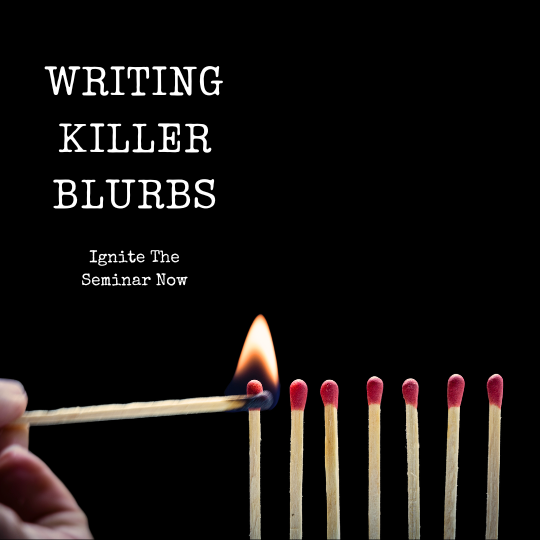Paul Whybrow
Full Member
I’ve been pondering the use of contractions in how I write conversation. I recently spent five weeks editing my four completed novels, adding quite a few contractions to make how my characters talk sound more natural.
We all run words together in conversation—you’ve, she’s, hadn’t, I’ve—and not doing so, by pronouncing each word separately can make what’s said sound formal and the speaker stiff and pedantic. In formal business writing, scientific papers and for legal matters, contractions are not used.
In reading, some contractions are easily processed by the brain, but writing them down can look clumsy. People commonly say there’re, but to my eyes, in print, it looks a bit odd and pronouncing it (even mentally in my reading voice) sounds like a small dog growling!
Contractions have altered through the centuries, and I commonly use an archaic example—’tis—which is it and is combined, as Cornish people regularly say it. When I lived in Atlanta, most people said y’all instead of you all.
Expressing colloquialisms too closely can look clumsy, words such as she'd've, shouldn’t’ve and mightn’t’ve. Such contractions might ease the flow of conversation, but in writing they become obstructive.
How do you handle contractions? I wonder how tightly edited they are, by editors at a literary agency or publisher—being added or taken away...

We all run words together in conversation—you’ve, she’s, hadn’t, I’ve—and not doing so, by pronouncing each word separately can make what’s said sound formal and the speaker stiff and pedantic. In formal business writing, scientific papers and for legal matters, contractions are not used.
In reading, some contractions are easily processed by the brain, but writing them down can look clumsy. People commonly say there’re, but to my eyes, in print, it looks a bit odd and pronouncing it (even mentally in my reading voice) sounds like a small dog growling!
Contractions have altered through the centuries, and I commonly use an archaic example—’tis—which is it and is combined, as Cornish people regularly say it. When I lived in Atlanta, most people said y’all instead of you all.
Expressing colloquialisms too closely can look clumsy, words such as she'd've, shouldn’t’ve and mightn’t’ve. Such contractions might ease the flow of conversation, but in writing they become obstructive.
How do you handle contractions? I wonder how tightly edited they are, by editors at a literary agency or publisher—being added or taken away...





